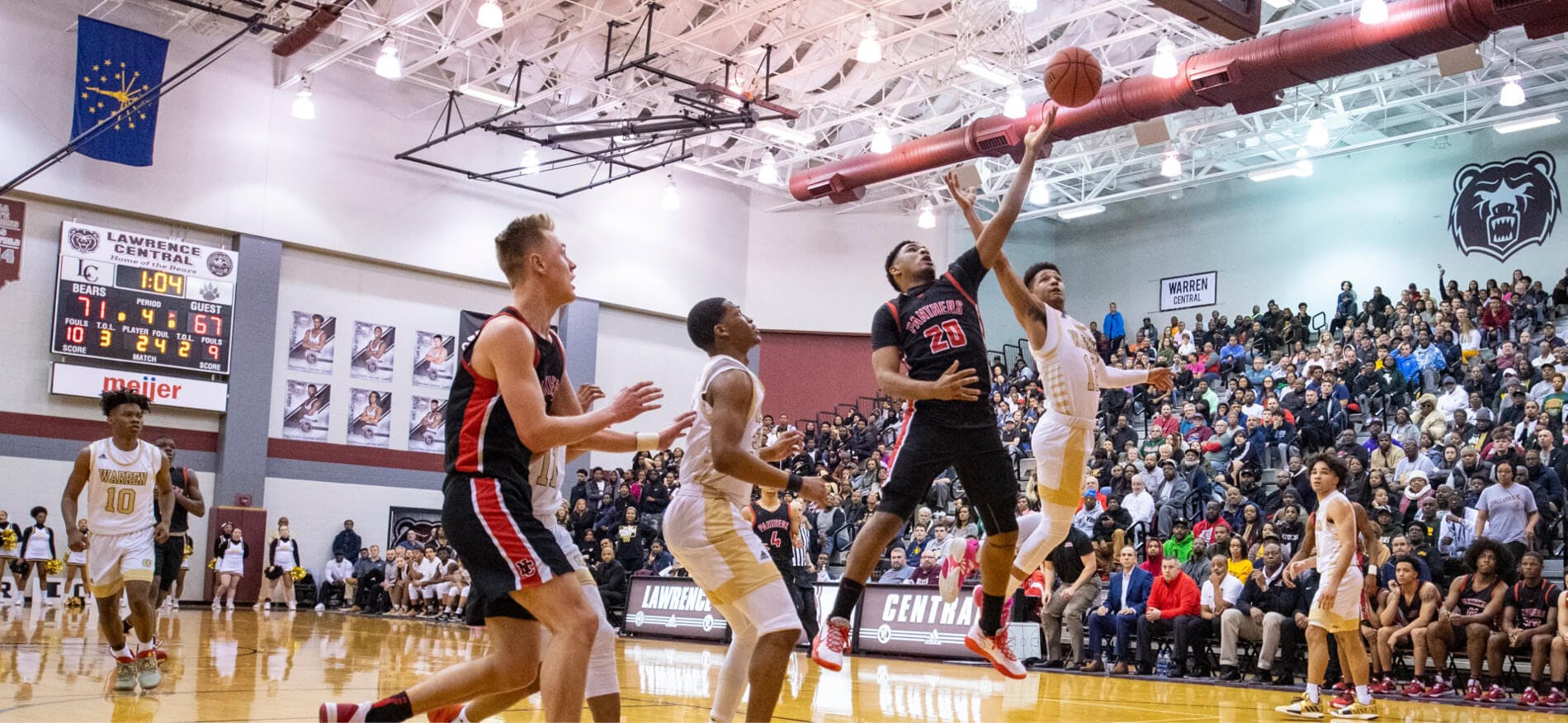Best Strategies to Help Athletes With Failure
Failure is part of sports and an important part of life. But what can coaches do to help athletes with failure?
It is sometimes embarrassing and frequently painful. However, failure often presents us with an opportunity to learn and improve but only if we are open to analyzing the causes of failure. It is a key component of having a growth mindset.
This is true in sports and in life.Sports are all about processing, normalizing, and moving on from failure.
Ted Williams was the last man to hit .400 in baseball, hitting .406 in 1941. This means that he got a hit four out of ten at-bats. He failed 60% of the time. The crazy thing is that no one has even approached this level of success in 80 years.
Steph Curry is widely acknowledged as the best shooter in the history of basketball.
His career 3PT FG % is 42.8%. He misses six out of ten too.
Michael Jordan, the G.O.A.T. explored his failures in the famous Jordan Brand commercial.
If the best in the world embrace failure why do so many athletes fear it?
In general, it comes down to psychological safety. Failure makes athletes question their safety within the group. This is a hardwired human response and requires coaches to work diligently to make sure their athletes understand failure is not a threat.
Here are three ways that coaches can help their athletes handle routine failure in their sport.
1. Develop a Next Play Mentality
Helping athletes play present is the best way to help them handle failure. By moving on to the next play they are focused on the next play, not one that has already happened. This doesn’t mean ignoring the causes of the previous failure. There is nothing more frustrating than watching a player make the same mistake over and over. Learn from it and move on.
Mike Krzyzewski used the term “Next Play” with the Duke Blue Devils as a way to signal that one of his players needed to move on from failure. While I have cheered against Duke for 30 years (this is your fault Christian Laettener) I love this term and have borrowed it from Coach K.
On our team “Next Play” is an important part of our team’s language. Everyone knows what a coach or teammate means when they hear it. Take a deep breath and move on to the next play. Another term we use is “Flush it” because that shit is done.
Like all Mental Skills, this takes time to develop but it really helps athletes move on from the failure that happens constantly in competition.
2. Take time to explain that failure is normal in their sport.
This is especially important when working with younger athletes.
I am shocked by how little basketball many of my athletes watch. If they do watch it’s Instagram highlights or condensed games on Youtube. As a result, they have no context for how often the best fail, nor do they understand the statistical benchmarks that define excellence in their sport.
Rudy Gobert leads the league in FG% every year and does nothing but layups and dunks and still only hits 7 of 10 shots. This always surprises my athletes. If a 7’3″ monster misses 3 of 10 it would be reasonable that any player might also miss a few shots.
Watching some ‘Shaqtin a fool’ doesn’t hurt either. It’s great to find the humor in the best in the world screwing up. It show the best in the world making the same type of mistakes out athletes make.
3. Encourage a growth mindset to help athletes learn from failure.
One of the greatest life skills we can help our athletes develop is a growth mindset versus having a fixed mindset. Athletes who possess a growth mindset will be able to examine failure in all areas of their lives with a sense of curiosity and a desire to learn and improve. This is a vital life skill. The more we learn from failure the more we can learn about how to become the best version of ourselves in all areas. As MJ said in the commercial, “I succeed because I have failed over and over.”
Athletes who have a fixed mindset will see themselves as a final product. They will never learn from mistakes or see a path to improving themselves as athletes or individuals. Frankly, I am not sure there is anything sadder than coming across someone with a fixed mindset. They are capping their own future.
Thanks to Jason Payne for writing this. He currently coaches basketball and writes about how coaches can help teach Mental Performance Skills to their athletes. If you’re interested in reading more, check him out here!
How to build team culture with All In Team Sports
All In Team Sports Hub is a robust coaching platform for coaches of every sport. We lay a foundation for winning programs by building team culture. Check out our pricing page to see if we’re a good fit for your team. Have any questions about All In? Click me!
Get your free 14-day trial now. Cancel anytime, no commitment. Get started!
